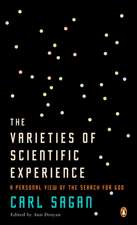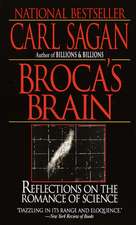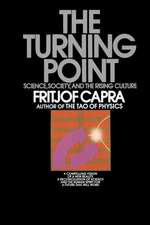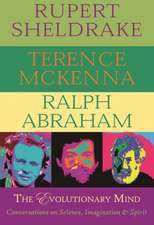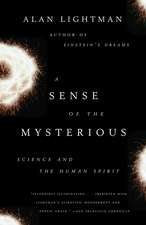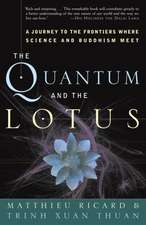Apocalypse and Paradigm: Science and Everyday Thinking
Autor Errol E. Harrisen Limba Engleză Hardback – 27 feb 2000 – vârsta până la 17 ani
Preț: 361.61 lei
Preț vechi: 477.53 lei
-24% Nou
Puncte Express: 542
Preț estimativ în valută:
69.22€ • 75.21$ • 58.18£
69.22€ • 75.21$ • 58.18£
Carte tipărită la comandă
Livrare economică 21 aprilie-05 mai
Preluare comenzi: 021 569.72.76
Specificații
ISBN-13: 9780275968304
ISBN-10: 0275968308
Pagini: 168
Dimensiuni: 156 x 235 x 19 mm
Greutate: 0.33 kg
Ediția:New.
Editura: Bloomsbury Publishing
Colecția Praeger
Locul publicării:New York, United States
ISBN-10: 0275968308
Pagini: 168
Dimensiuni: 156 x 235 x 19 mm
Greutate: 0.33 kg
Ediția:New.
Editura: Bloomsbury Publishing
Colecția Praeger
Locul publicării:New York, United States
Notă biografică
ERROL E. HARRIS is Professor of Philosophy Emeritus at Northwestern University. The author of 25 books on philosophy, Professor Harris has held named chairs at four universities and has taught worldwide. His latest book, coedited with James A. Yunker, is Toward Genuine Global Governance: Critical Reactions to Our Global Neighborhood (Praeger, 1999).
Cuprins
PrefaceThe Significance of Conceptual SchemesThe Newtonian ParadigmTwentieth Century ResidueThe Problem of Sovereignty in International AffairsTwentieth Century RevolutionCircumspective TransformationPostmodernization--The DilemmaBibliographyIndex

